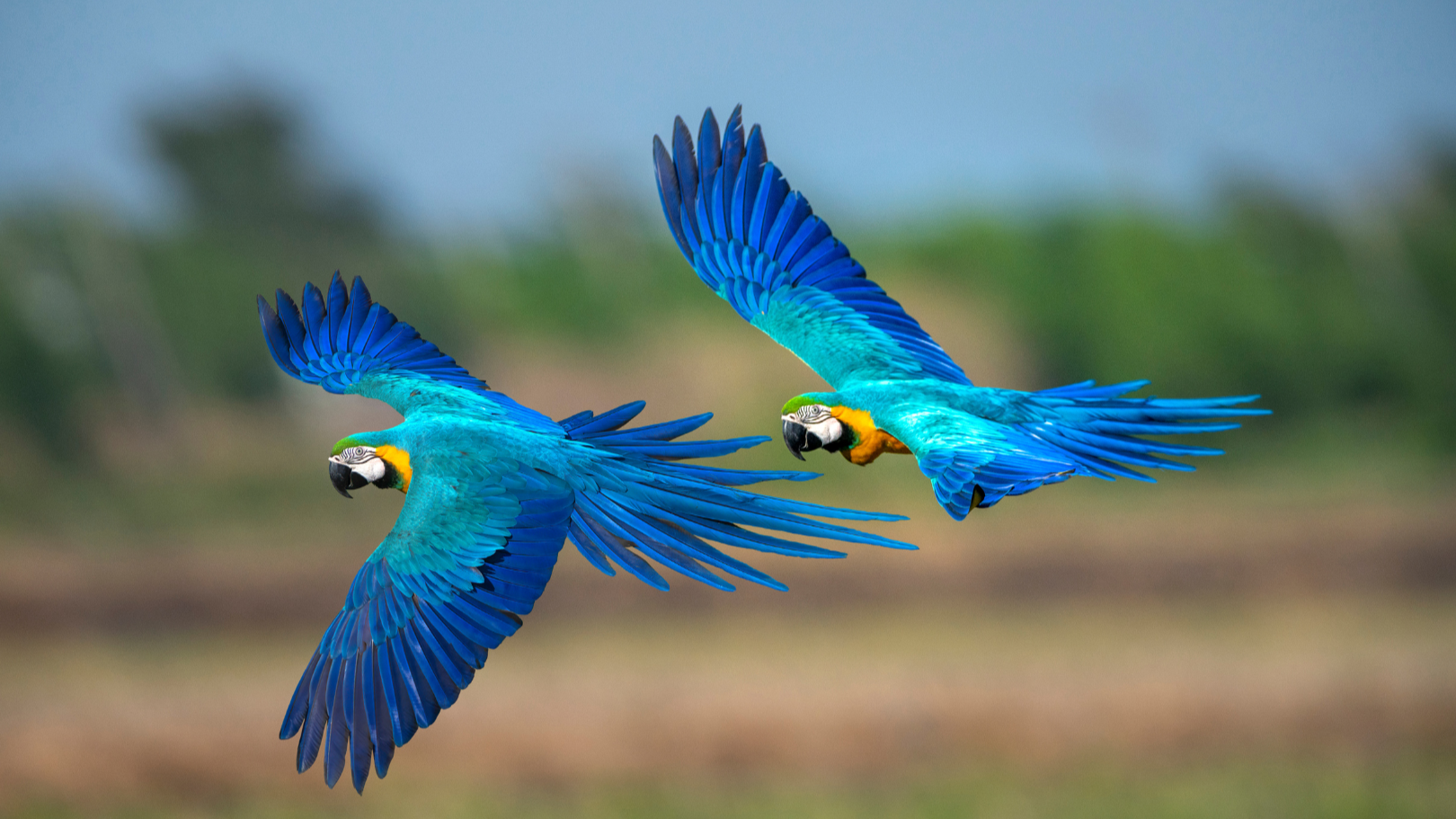
Enforcement Strategies
Wildlife Rehabilitation, Sanctuary & Release
Wildlife Rehabilitation, Sanctuary & Release strengthens the capacity of Caribbean nations to care for wildlife affected by illegal activities and return healthy animals to the wild. Activities include assessing existing facilities and expertise, enhancing and establishing rehabilitation centres and sanctuaries, developing local professional skills, creating regional standards for animal care and release, mobilising sustainable funding, and expanding transboundary collaboration for the repatriation of species. These efforts improve animal welfare, support biodiversity conservation, and reduce risks of disease transmission linked to wildlife crime.
In the CAR-WEN Strategic Plan, Wildlife Rehabilitation, Sanctuary & Release is described as an expanded operations strategy that builds a coordinated, high-standard regional approach to wildlife care. It covers facility upgrades, species-specific protocols, staff training, standardisation of health screening and rehabilitation procedures, creation of funding partnerships, and cross-border cooperation for species that require specialised habitats or long-distance repatriation. By unifying planning and improving resources, this strategy ensures that seized or rescued wildlife receive appropriate care and have the best chance of survival upon release.
Looking ahead, strengthening wildlife rehabilitation and sanctuary capacity will remain essential for both animal welfare and effective wildlife enforcement. Expanding professional expertise, securing stable funding streams, and maintaining consistent regional standards will enable faster, more effective responses to seizures and rescues. Enhanced collaboration across borders will improve conservation outcomes and reinforce the Caribbean’s commitment to addressing wildlife crime while safeguarding the health and survival of individual animals.
Related Blogs
Our blog section is growing. Check back soon for new posts related to this topic.
